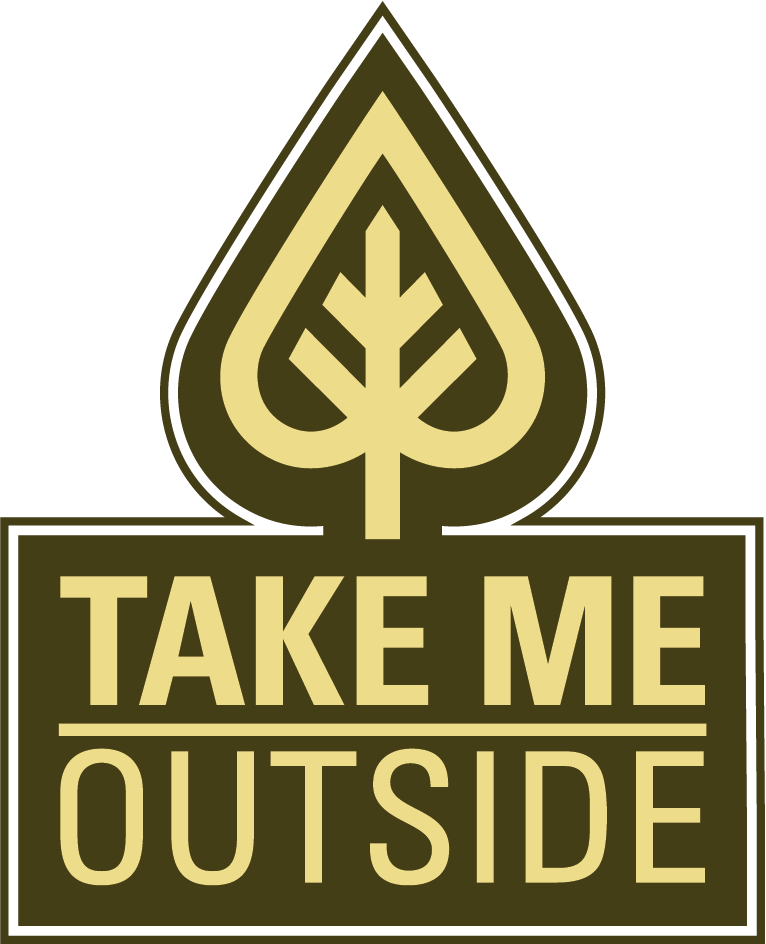27 results for group: block-a
miskasowin askihk – finding oneself on the land
We are co-teachers of a high school land-based education program in Regina, SK called miskasowin askihk - finding oneself on the land. We have students for 4 hours a day, and teach them 5 credits including Cree, Indigenous Studies, Environmental Science, Wildlife and Habitat Studies, and Physical Education. We take students on one overnight trip each month and many day trips. The program focuses on two-eyed seeing - integrating Indigenous worldviews with western science. We have taught the program for 1.5 years and have learned many lessons. We will take you through an interactive experience about how we design our curriculum to learn from the land. ...
First Nations Games and Environmental Connections
Time to get off your bums, because motion is lotion for the body. Come learn a series of First Nations games from around Canada that can be used in the classroom on a rainy day or preferably outside.
Using the experimental model that the wilderness speaks for itself. The games will show the environmental connection that First Nations have to the land and its animals. Plus the games are a lot of fun and using simple debriefing skills you can sneak in a element of environmental learning for your group. No fitness requirements, good for all ages, even old teachers. Bonus: 3 cool outdoor knots for the knot impaired.
Exploring Indigenous Ways of Knowing to Inspire Elementary Writing In/From Forest School
This workshop will lead participants through an interactive exploration into how using Indigenous ways of knowing and learning techniques in place-based outdoor education can be a springboard for exploring and creating written texts. A recipient of a McDowell Foundation Educational Research Grant, this session presents hands-on, evidence-based practices for educators that are based on: (1) Brayboy and Castagno’s recommendation that the “oral traditions and storytelling central to many tribal communities can and should serve as foundations for the written and text-based literacies required by and developed within schools” (p. 43); and (2) the ...
Decolonizing Maps, Indigenous Knowledge and Environmental Learning
Using the Indigenous Peoples Atlas of Canada (classroom edition), participants will learn ways to engage students in Indigenous perspectives and environmental issues. Suitable adaptations for grades 5+.
Land-based Play and Co-learning through Etuaptmumk/Two-Eyed Seeing
Discover the transformative power of Etuaptmumk/Two-Eyed seeing in Early Childhood Education (ECE) in our immersive workshop. Participants will embark on a journey to cultivate ethical space on the land while weaving together Indigenous and non-Indigenous worldviews. Through engaging land-based play experiences, participants will explore the interconnected web of knowledge and learn to braid the gift of multiple perspectives with intentionality. The workshop will offer an opportunity to embrace wholistic learning, (re)connect with Aki/Land, and develop culturally appropriate pedagogical practices. Join us for an enriching experience that promotes ...
Take Science Outside! Using Outdoor Education skills to teach K-8 Science Outcomes
Are these outdoor education skills or is this science? It is both! Alberta Education Kindergarten to Grade 8 science is full of opportunities to connect science to outdoor skills–skills that students can use to also learn about personal and group safety, stewardship of the land, and leadership of self and others. Teaching science outcomes through traditional outdoor education skills has been a rewarding teaching and learning journey–one which we are excited to share! Join us for an exciting session of hands-on learning that has you ‘doing science’, the outdoor education way.
Get outside! Access practical guides, tips and recognition for taking environmental education outside of the classroom through the EcoSchools Canada platform
Take part in a hands-on educational learning experience and let us lead you through the EcoSchools platform to access guides and resources on how to take environmental learning outside - plus get recognition for your achievements!
Un projet interdisciplinaire fait par et pour les élève
Pendant cet atelier, les participants apprendront à partir des intérêts de leurs élèves pour entreprendre un projet interdisciplinaire. La géo-enquête est un processus qui peut être adapté pour les élèves de la maternelle au secondaire et permet aux élèves de partir de leurs questions pour en apprendre plus et prendre un engagement envers leur classe, école ou communauté. Les participants apprendront à mener une géo-enquête avec leurs élèves et les appuyer à communiquer leurs apprentissages. Les participants sont demandés d’apporter un téléphone ou une tablette avec les applications gratuites Seek, eBird, Merlin Bird ID et ...
Forest for Change: Using School Yard Trees to Teach About Climate Change
Join Inside Education for an inspiring hands-on workshop that explores climate change topics including forest carbon sequestration, GHG emissions, and climate change. We will discover the important role forests play as carbon sinks through hands-on activities you can lead outdoors with your students, teaching them to connect curricular topics of climate change and the carbon cycle to the natural areas they are familiar with. Leave feeling inspired and empowered with tools, knowledge, and practical applications to promote environmental stewardship with your students.
Design Thinking for Environmental Education
Design thinking has garnered a lot of buzz in recent years, but how might it be applied to your teaching practice? Join facilitators from the Alberta Council for Environmental Education in exploring how to use the design thinking process to answer the question, “How might students explore environmental education through the curriculum?” This workshop will give teachers an understanding of the design thinking process and how to implement it in their classrooms. Work through a crash-course and come away with an outline for integrating environmental education and sustainability approaches throughout your school year.




